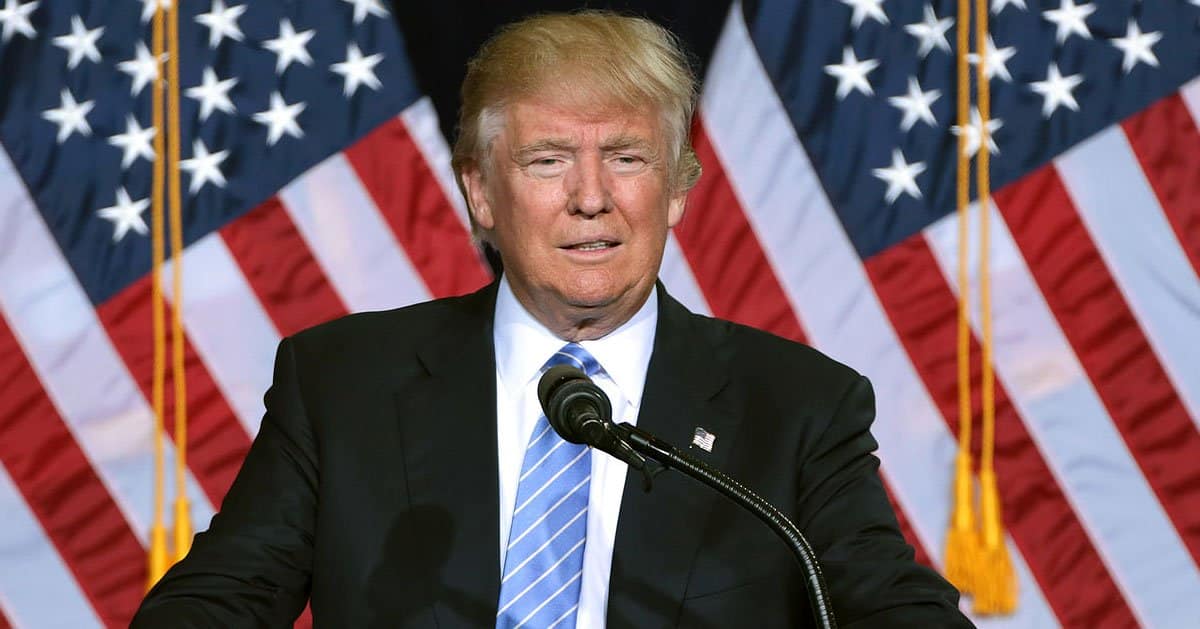







As the Democratic National Convention looms, speculation intensifies around who will join Kamala Harris on the 2024 presidential ticket.
With President Joe Biden's endorsement, Harris captures the spotlight as the lead Democratic nominee. CNN reported that Harris is now shifting her campaign's focus toward selecting a capable running mate as she prepares for a vigorous campaign season.
Following President Biden's endorsement, Harris received additional backing from numerous key figures within the Democratic Party.
This robust support is a pivotal moment in her presidential campaign, highlighting her emerging leadership within the party.
The Democratic National Convention in Chicago is merely 28 days away, and the list of potential vice-presidential candidates is taking shape. Prominent governors and a senator are among those being vetted.
Governors Roy Cooper from North Carolina, Josh Shapiro from Pennsylvania, and Arizona Senator Mark Kelly are under consideration. These potential contenders have been asked to submit personal and financial details to the Harris campaign, ensuring a thorough vetting process.
Each candidate brings their distinct experiences and political dynamics to the table. Shapiro, with his fresh win in 2022, has been a rising star in Pennsylvania, while Cooper's confrontation with his state's legislature provided him a unique positioning despite his inability to seek another term.
Senator Mark Kelly has gained a reputation for his bipartisan approach, making him a significant contender in the nationwide political scene. Governor Andy Beshear of Kentucky operates in a predominantly Republican state, showcasing his adaptability and potential appeal across party lines.
In Illinois, Governor J.B. Pritzker is noted for tackling major issues such as gun control and reproductive rights. His proactive stance on such critical matters has prominently positioned him within national discourse.
Transportation Secretary Pete Buttigieg remains a notable figure due to his active participation in political debates and his pointed critique of the airline industry, reflecting his continuous influence in public discussions.
Meanwhile, Michigan Governor Gretchen Whitmer emphasizes her commitment to her state, focusing on health care and infrastructure. Her consistent support for Biden throughout his presidency underscores her loyalty and alignment with his policies.
California Governor Gavin Newsom has also been vocal on a national level, offering his endorsement to Harris. He portrays her as the most qualified candidate to contest against Donald Trump, highlighting her capabilities to steer the country towards a more promising direction.
The array of potential vice-presidential candidates illustrates the diverse backgrounds and skills each brings to Harris' prospective presidency. Their different political, regional, and personal attributes help shape the evolving landscape of the Democratic campaign.
The personal and public statements of these candidates offer glimpses into their political philosophies and connectivity with the electorate. Shapiro aptly showcased his dedication by emphasizing his family-oriented and community-focused values.
Roy Cooper eloquently stated the importance of defeating Donald Trump and preserving the integrity of the nation, rallying support with his thoughtful insights. Whereas, Andy Beshear subtly expressed his openness to consider a vice-presidential role if approached.
Gretchen Whitmer, despite persistent speculation, firmly reiterated her dedication to Michigan, dispelling rumors of her departure from the gubernatorial post to a national platform.
Pete Buttigieg's critique of JD Vance encapsulates the strategic narrative shifts and alignments within the party as potential candidates position themselves in the lead-up to the Democratic National Convention.
As Harris continues to prepare for the convention, each potential vice-presidential candidate is vetted not just for their political compatibility but for their ability to resonate with a broad spectrum of voters, ensuring a united front as the elections approach.
The final selection of Harris' running mate will be a strategic decision aimed at bolstering her campaign's chances against the Republican nominee, ensuring that the chosen individual complements her vision and appeal.
In conclusion, the search for Kamala Harris' vice-presidential nominee is not just about finding a running mate but about shaping the future direction of the Democratic Party.
As the convention approaches, each candidate's experiences, policy focus, and public engagements are being thoroughly scrutinized to ensure that the final ticket reflects both a diverse perspective and a unified strategy aimed at capturing the White House in 2024.



